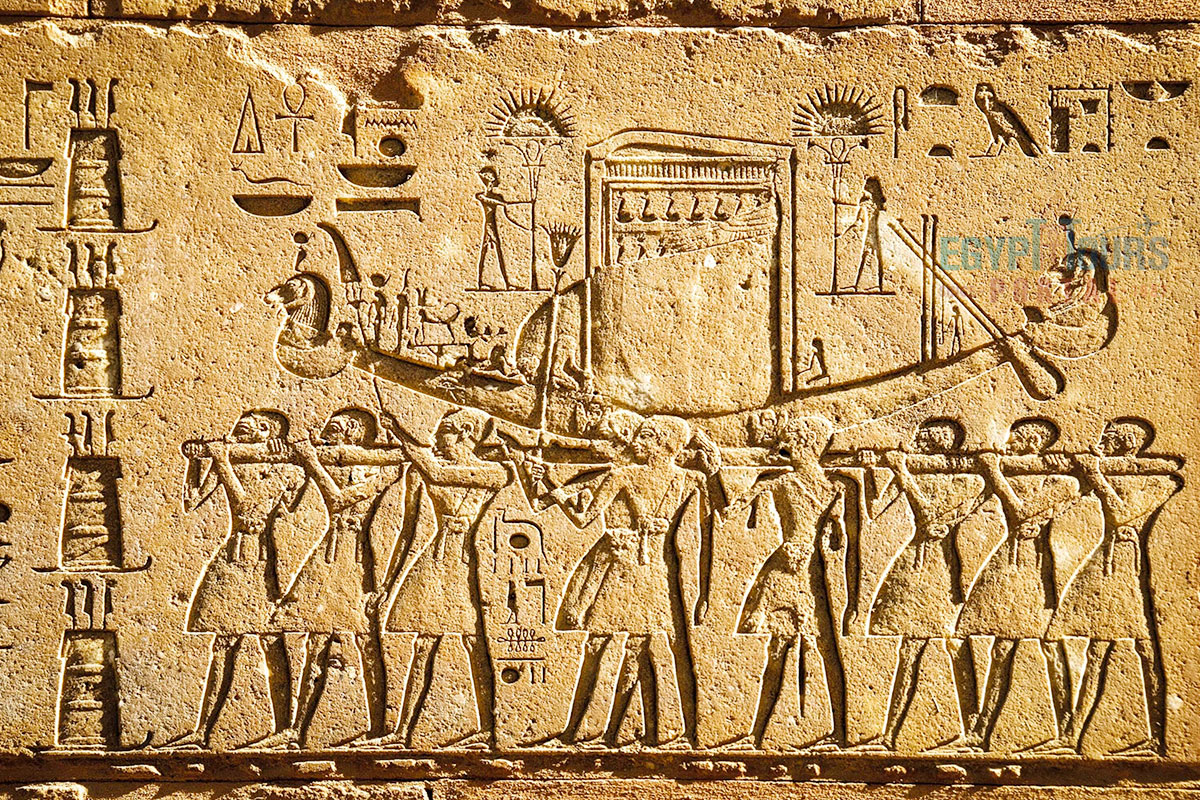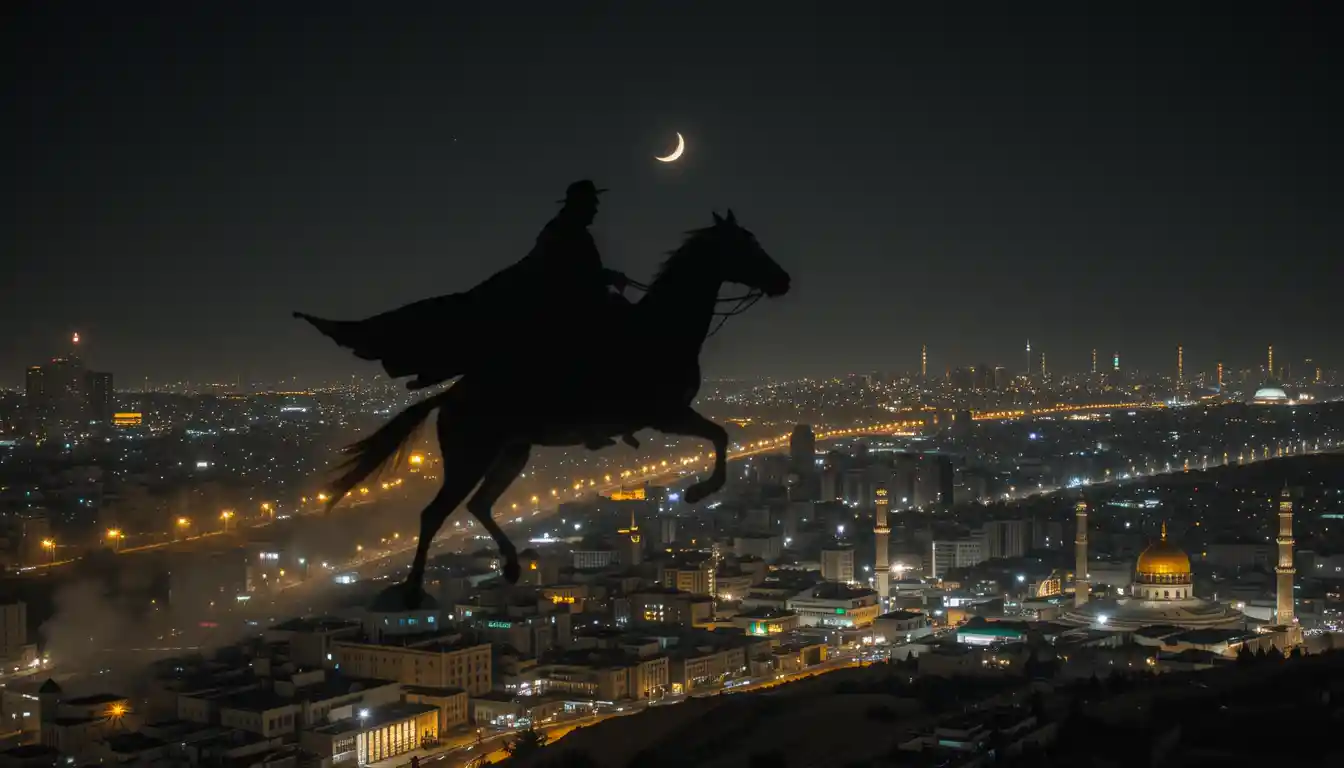When we think of the world’s first true superpower, one name echoes through the sands of time—Egypt. Known as the land of Pharaohs, pyramids, and ancient power, Egypt holds not only immense historical significance but also a unique place in Islamic prophecy.
A Prophetic Glimpse into Egypt’s Future
The Prophet Muhammad ﷺ, before his departure from this world, clearly foretold something profound. He said:
> You (Muslims) will one day conquer Egypt. And when you do, treat its people with kindness, for they are your relatives.”
This prophecy was fulfilled just years after his passing. Under the leadership of Caliph Umar ibn al-Khattab, Muslim forces triumphed over the mighty Roman and Persian Empires, expanding Islam’s reach rapidly.
But victory didn’t come without a price. Soon after these conquests, a mysterious and deadly disease spread across the newly captured territories. It wiped out many of the senior Muslim generals. As a result, younger leaders had to rise. One of them was the legendary commander Amr ibn al-As (RA), whom Umar (RA) appointed as the army chief in the region.
With time, the illness subsided, and Amr ibn al-As’s leadership brought stability. As Caliph Umar heard the news, he personally journeyed from Madinah to the frontlines, leaving the entire Arab world under the stewardship of Ali ibn Abi Talib (RA)—a powerful signal that if anything happened to Umar, Ali would lead the entire Muslim empire.
The Strategic Turn Toward Egypt
When Umar (RA) arrived in Syria, Amr ibn al-As laid out a new and bold vision: Egypt should be the next target—not just because it was nearby, but because of its historical and economic weight. For thousands of years, Egypt had been one of the richest civilizations on Earth, a power echoed in the Quran itself.
But what made Egypt so powerful?
The Power of the Nile and the Birth of an Empire
Rewind 5000 years. At that time, the world revolved around one precious resource—water. And Egypt had it in abundance, thanks to the mighty Nile River. As civilizations began settling near this river, Egypt blossomed into the most powerful land on Earth.
Out of these thriving settlements emerged King Narmer, the man who united Egypt and established the first centralized kingdom in world history.
And how do we know this today?
From two ancient tablets the oldest known Egyptian inscriptions where Narmer’s image and symbols confirm the birth of the Egyptian empire.
From Kings to Gods: The Rise of the Pharaohs
For the next thousand years, Egypt remained the world’s dominant superpower. Over time, Pharaohs began believing they were not just kings—but gods on Earth. They introduced a religion centered around this divine kingship. According to them, the common people could only reach paradise by serving and obeying the god-king Pharaoh.
Eventually, a bizarre belief emerged: only those Pharaohs whose bodies remained intact after death would be considered eternal gods. Thus began a race among Pharaohs to preserve their bodies after death the beginning of the mummification tradition.
The Making of a Mummy
The process was intense and ritualistic:
Blood was drained. The brain was pulled out through the nose using a hook. Organs were removed—except the heart, which was preserved in a sacred jar.
The body was soaked in water mixed with a special salt for 40 days. Afterward, it was filled with sand to keep its shape. Then coated with honey and oils and wrapped in white linen. Finally, the mummy was placed in a golden coffin, accompanied by food, treasures, and, of course, the heart.
This race for preservation led to the creation of pyramids—not mere tombs, but towering symbols of power. Each Pharaoh wanted a pyramid bigger than the last, culminating in the Great Pyramid of Khufu, which held the title of the world’s tallest building for thousands of years.
Even today, in terms of weight, 12 Burj Khalifas still can’t match the sheer mass of the Great Pyramid. You could park over 2000 trucks inside it! But this monumental ambition came at a cost.
Collapse from Within: The Pyramid Problem
Building pyramids drained Egypt’s economy. The costs were astronomical, and over time, pyramid sizes shrank, reflecting the country’s economic decline. Just as Egypt was on the brink of collapse, an extraordinary story unfolded.
Enter of Prophet Yusuf (PBUH)
A beautiful, enslaved boy was sold in an Egyptian market. He was different—graceful, wise, and radiant. He was taken in by a powerful minister, and in time, that boy became none other than Yusuf (Joseph, AS) the Prime Minister of Egypt.
With his God-given wisdom, he helped revive Egypt’s dying economy and prevented an oncoming famine. But after his death, his descendants the Children of Israel (Bani Israel) settled in Egypt and gradually became powerful.
Until, one day, a new Pharaoh overthrew the ruling dynasty and imposed brutal policies against outsiders particularly Bani Israel. He enslaved them, crushed their businesses, and stripped them of their rights. For 400 years, Bani Israel remained in bondage, hoping for a savior.
The Rise of prophet Musa (PBUH) and the Fall of Pharaoh
That hope became reality when Musa (Moses, AS) was born. Ironically, the same Pharaoh who wanted all newborn boys of Bani Israel killed ended up raising Musa in his own palace.
As Musa (AS) grew up, he received Prophethood and stood boldly before Pharaoh demanding:
Let my people go.
After countless miracles, Pharaoh reluctantly agreed. One night, 600,000 Bani Israel escaped Egypt under Musa’s leadership.
But Pharaoh went back on his word and chased them. Just as he was about to capture them, the Red Sea split for Musa and his people and then crashed down upon Pharaoh and his army, drowning them all.
A Missing Piece of History?
Strangely, Musa (AS)’s story doesn’t appear in Egyptian hieroglyphics or ancient tablets. But historians agree that after the death of Pharaoh Ramses II (Ramses the Great), Egypt never regained its superpower status. His fall marked the end of 3000 years of uninterrupted rule.
For the first time, people realized: Pharaohs weren’t gods. They were just men.
The Rise of New Powers
As Egypt declined, new empires emerged—like Suleiman (Solomon, AS)’s kingdom from nearby Palestine. Later, even Alexander the Great conquered Egypt. Eventually, the Roman Empire claimed Egypt, ruling it for 600 years.
But the sands of prophecy hadn’t finished shifting yet.
Final Thoughts
Egypt’s history is more than pyramids and mummies. It’s a saga of pride, power, prophecy, and profound change. From being the cradle of civilization to becoming a stepping stone in divine history, Egypt has always stood at the intersection of past and future.
And as we look back, we find a timeless lesson buried beneath the golden sands:
> No empire—no matter how mighty—is greater than the will of Allah.


